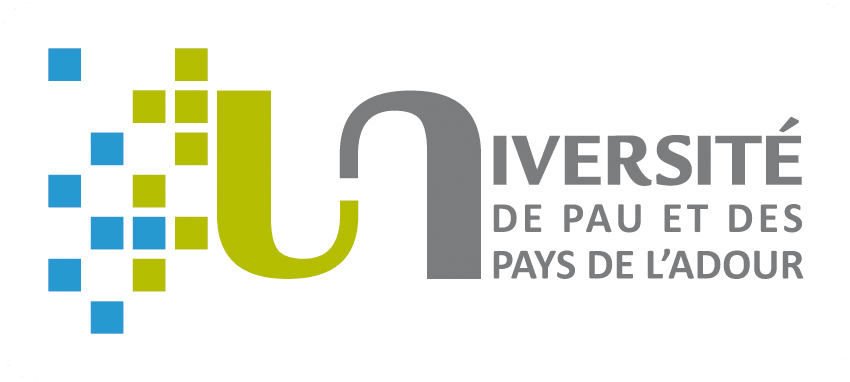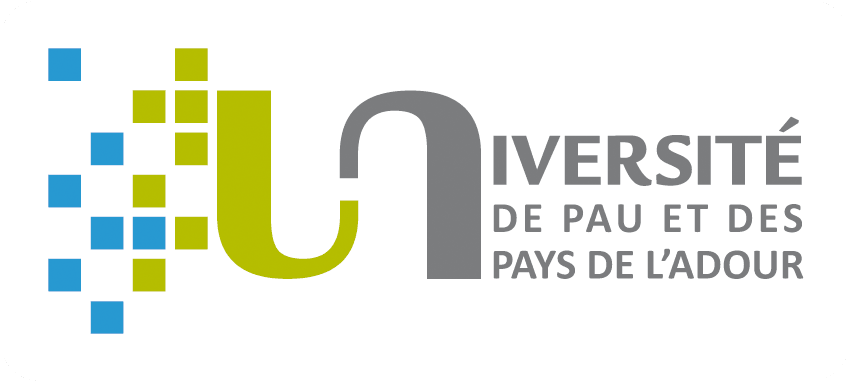After a Bachelor’s degree in Maths and Computing applied to the Humanities (MIASHS), followed by a Master’s in Stochastic and Computational Methods for Decision Making (MSID) at UPPA, Léa Lignier signed a professionalisation contract with TotalEnergies One Tech as a Reliability Engineer.
Tell us about your academic pathway
During the final year of my Baccalaureate, I applied for several courses via Parcoursup. I had no specific plans for my future and had no particular career in mind. I thought about the subjects I liked and based my choice of studies on that. I’ve loved maths since I started school and I really enjoyed computing, which I discovered at high school. I really liked the look of the Bachelor’s degree in Maths and Computing applied to the Humanities (MIASHS), which would allow me combine my two favourite subjects and discover economics, management, geography, etc. I did the first year at the University of Paul Sabatier in Toulouse, where I discovered city life (I come from a small town called Argelès-Gazost in Hautes-Pyrénées), then did my second and third years at UPPA on the Pau campus, which has a smaller feel to it. I have fond memories of my time there, despite the Covid-19 lockdowns! At the end of my degree, I intended to specialise in computing with the idea of pursuing a career in programming or software development, but things turned out differently in the end. I applied for two Master’s courses at UPPA: Internet Technologies and Mathematics, and Computer Science for Big Data, but there were very few places available and my application was rejected in favour of other students with more training in computer science. I decided to follow the advice of one of my lecturers, who suggested the Master’s in Stochastic and Computational Methods for Decision Making (MSID), which is designed to help students develop a dual skill set in mathematics and computer science. In hindsight, I have no regrets because this degree opened a lot more doors to me and I was able to spend my second year on a work-study programme.
How do you go from studying maths and computing to employment?
The MSID offers two specialisations: quality and operational safety in industrial environments or data mining and risk analysis. It can also lead to research for those who want to do a PhD. The strength of this Master's degree lies in the project-based approach to learning, which put us very quickly in the shoes of an engineer in a company, working as part of a team. At the end of my first year, I did my first work placement at Prof en Poche, in Pau, working as a data analyst. My job was to create dashboards to monitor students' progress, which the developers then integrated into the teachers' accounts. This initial experience made me realise that, today, all sectors and all companies, whatever their size, are concerned by data analysis. I spent my second year on a work-study programme with Safran Helicopter Engines in Bordes, also as a data analyst, with two weeks of classes and two weeks in the company initially, then 100% at Safran for the last six months. All this gave me an insight of industry that made me want to discover more. It led me to apply for a job advertised by TotalEnergies, who were looking for a reliability engineer. During the second year of my Master's, I had taken a module in operational safety taught by professionals, including an engineer from TotalEnergies. The tasks described were stimulating and I signed a 12-month professional training contract starting in September 2023. I'm training in availability and reliability assessments in the energy sector.
What words do you spontaneously associate with UPPA?
Enriching, enjoyable, friendly
What advice would you give to a young person starting a course at UPPA?
I'd say follow your desire, go for the subjects you like, it doesn't matter if you don’t initially know what job you want to do. In five years, you can refine your choices as you learn more, meet new people and hear from professionals... I'd also say do as many work placements as you can and choose a work-study programme if you can, which at enables you to connect university with real life!
Want to find out?

Comments0
Please log in to see or add a comment
Suggested Articles


